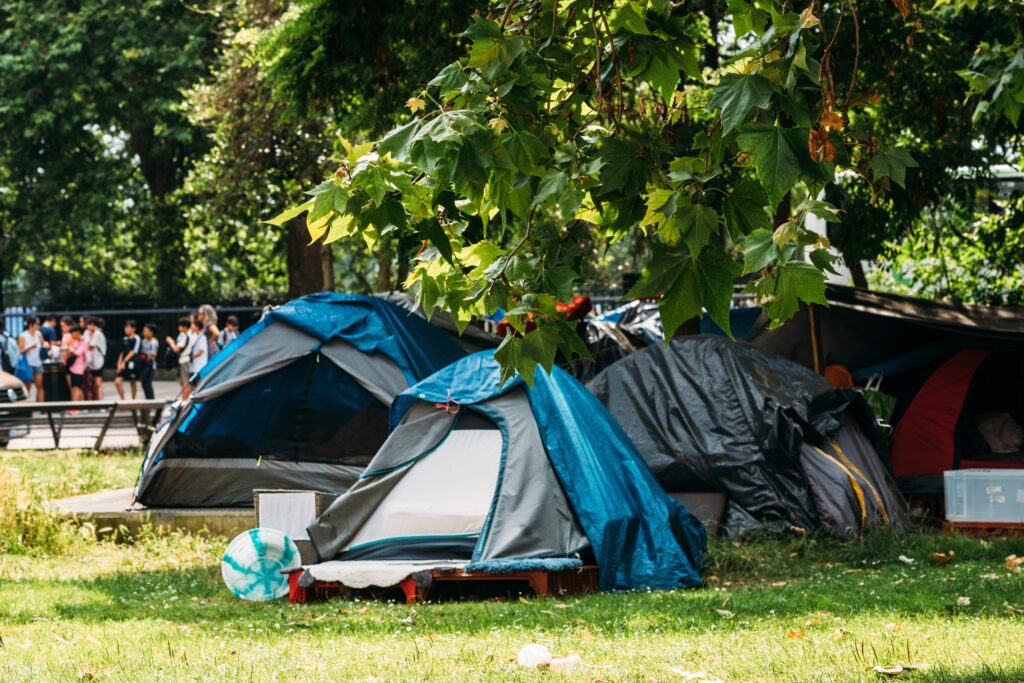The Welsh government have initiated a consultation on ‘fair rents and adequate housing’ as the cost of letting continues to rise, with figures showing the highest annual percentage increase since 2010.
As it stands there are no set-in-stone plans to change the way homes are let in Wales, however, officials have stated they want to hear form the public and landlords on how they can better the system. Specifically on subjects including affordability, supply and demand, and the definition of ‘fair rent’.
However, the decision to launch a public consultation has sparked concerns amongst landlords and estate agents, as they were under the impression that the Welsh government had dismissed the notion of rent controls following a debate in the Senedd in October 2022.
Although controls exist within the social housing sector in Wales, there has been no law regulating rent increases on homes from private landlords for decades. But figures from the Office of National Statistics (ONS), highlight private rental prices increased by 4.8% in the year to April 2023, suggesting action must be taken.
The Welsh government is consulting on the issue as part of a wider ‘green paper’ on housing, looking at how ministers can help both landlords and tenants. The document asks for views on a range of models for rent controls, including strict price ceilings or rent freezes and gives the example of Scotland.
Rent controls are in place in Scotland, where increases for existing tenants are capped at 3%.
Climate Change Minister, Julie James, said: ‘I am committed to using all the levers we have to ensure we maintain a viable private rented sector here in Wales…where landlords have confidence to invest in making improvements and tenants have greater certainty that longer term costs of moving into or staying in a rental property will be affordable.’
The Cardiff Branch of Acorn, a union for tenants, has also made a statement: ‘we’re pleased the Welsh government is exploring the idea of rent controls; in this current crisis, with wages declining against inflation, they’re the bare minimum response.’
In addition, Ben Beadle, Chief Executive of the NRLA, said: ‘Let’s be clear, rent controls would serve only to decimate the sector further and would be a disaster for tenants, when so many are already struggling to find a place to rent.
‘We all want to see more homes available to rent but adopting the tried and failed ideology of rent controls is not the way to do it. The best way is to introduce pro-growth measures to increase housing supply that will reduce costs for renters.
‘Now is the time for landlords to get involved and for the Welsh Government listen carefully to the views of those providing much needed homes.’
Image: Ethan Wilkinson

















What’s better than rent control? A market in which landlords have to compete against each other for tenants, instead of the other way around. How do you get that sort of market? Not by making it less attractive to supply accommodation, but by making it less attractive NOT to—by imposing a tax on vacant lots and unoccupied buildings. The “vacancy tax”, as it is sometimes called, is not limited to what real-estate agents call vacancies, i.e. properties advertised for rent; it also applies to unoccupied properties that are not on the rental market (preferably including vacant land, so as not to encourage demolition or deter construction), and prompts the owners to find occupants in order to avoid the tax.
A vacancy tax is good for general taxpayers because *avoiding* the vacancy tax requires economic activity, which expands the *bases* of other taxes, allowing their *rates* to be lower.
A vacancy tax on commercial property is good for residential property owners because it keeps nearby commercial properties populated with employers and service-providers. It’s good even if you’re a commercial property owner because it keeps nearby commercial properties populated with complementary businesses that will attract foot traffic to *your* property!
A vacancy tax on residential property is good for commercial property owners because it keeps nearby residential properties populated with prospective customers and workers. And it’s good for homeowners with mortgages because it is anti-inflationary, making the central bank less likely to raise interest rates and more likely to lower them!
And of course a vacancy tax is good for real-estate agents because it generates more rental-management fees or, if owners decide to sell rather than let, sales commissions.